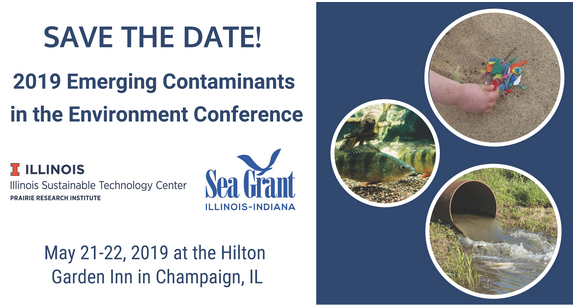Illinois EPA has announced scheduled household hazardous waste collections for Spring 2019. Illinois EPA holds household hazardous waste collections to encourage residents to safely dispose of unused or leftover toxic products commonly found in homes.
Ten collection sites have been confirmed for the spring. IEPA is finalizing an additional four locations. Details for the additional collections will be announced when they become available.
| DATE | LOCATION | ADDRESS | COSPONSOR(s) |
| March 23, 2019 (COMPLETED) |
Gibson City Ford County |
115 South Sangamon Avenue Gibson City, Illinois |
Ford County Soil and Water Conservation District |
| April 13, 2019 | Brookfield Cook County |
Brookfield Zoo, North parking lot 8400 West 31st Street Brookfield, Illinois |
Metropolitan Water Reclamation District of Greater Chicago; Brookfield Zoo |
| April 13, 2019 | Griggsville Pike County |
Western Illinois Fairgrounds 516 South Oak Street Griggsville, Illinois |
Pike County Economic Development Corporation |
| April 27, 2019 | Effingham Effingham County |
Village Square Mall parking lot South Banker Effingham, Illinois |
City of Effingham, Emergency Management Agency |
| May 4, 2019 | Havana Mason County |
Neiman Foods parking lot 504 South Promenade Street Havana, Illinois 62644 |
University of Illinois Extension, Fulton-Mason-Peoria-Tazewell Unit |
| May 18, 2019 | East Moline Rock Island County |
Rock Island County Fairgrounds 4200 Archer Drive East Moline, Illinois 61244 |
Rock Island County Waste Management Agency |
| May 18, 2019 | Sparta Randolph County |
World Shooting and Recreation Complex 1 Main Event Lane Sparta, Illinois 62286 |
Randolph County |
| June 1, 2019 | Cobden Union County |
Cobden Community Park Locust Street Cobden, Illinois 62286 |
Village of Cobden |
| June 8, 2019 | Sycamore DeKalb County |
TBD | DeKalb County Farm Bureau |
| June 15, 2019 | Roanoke Woodford County |
Woodford County Highway Dept. 301 South Main Street Roanoke, Illinois 61561 |
Woodford County Health Department |
| June 29, 2019 | Morrison Whiteside County |
Whiteside County Highway Dept. 18819 Lincoln Road Morrison, Illinois 61270 |
Whiteside County |
| TBD | East Dundee Kane County |
||
| TBD | Lebanon St. Clair County |
||
| TBD | Harrisburg Saline County |
Note: One-day collections are open to all Illinois residents and operate from 8:00 a.m. to 3:00 p.m. on the above scheduled Saturdays.
What items can I bring for disposal?
Items that will be accepted include chemical cleaners, oil-based paints, thinners, antifreeze, motor oil, gasoline, kerosene, weed killers, insecticides and pesticides, old or outdated medication, and similar hazardous household products. Fluorescent and other high-intensity discharge lamps may also be brought to the collections.
Items not accepted include latex paint, explosives, propane tanks, fire extinguishers, smoke detectors, agricultural chemicals and business wastes.
IEPA has a complete list of household hazardous wastes that are and are not accepted at http://www.epa.illinois.gov/topics/waste-management/waste-disposal/household-hazardous-waste/acceptable-wastes/index.
Are there year-round collection facilities?
The following long-term collection facilities are available for disposal of household hazardous waste throughout the year:
- Naperville, 156 Fort Hill Drive (Next to Naperville Public Works), DuPage County, www.naperville.il.us/hhw.aspx
Hours: Saturdays 9:00 AM – 2:00 PM, Sundays 9:00 AM – 2:00 PM, Phone: 630-420-6095 - Rockford, Rock River Reclamation District, 3333 Kishwaukee, Winnebago County
http://www.knib.org/recycling/green-guide/household-hazardous-waste-site/
Hours: Saturdays 8:00 AM – 4:00 PM, Sundays Noon – 4:00 PM, Phone: 815-987-5570 - Chicago, Goose Island, 1150 North Branch, Cook County https://www.cityofchicago.org/city/en/depts/streets/supp_info/how_it_works.html
Hours: Tuesdays 7:00 AM – Noon, Thursdays 2:00 PM – 7:00 PM, and
First Saturday of every month 8:00 AM – 3:00 PM, Phone: 312-744-7672 - Lake County, The Solid Waste Agency of Lake County (SWALCO) currently operates a long-term household chemical waste collection program. Information and a collection schedule can be found on their website (www.swalco.org) or by calling 847-336-9340.
For questions concerning the Illinois EPA’s one-day or long-term collections, please contact the Waste Reduction Unit of the Agency at 217-524-3300.
Household Hazardous Waste Collection Schedules are also available on the Illinois EPA website at https://www2.illinois.gov/epa/topics/waste-management/waste-disposal/household-hazardous-waste/Pages/collections.aspx.
How do I schedule a collection event in my community?
If your community wants to host a collection event, download an application or apply online.
IEPA accepts applications each fiscal year, keeps them active indefinitely, and DOES NOT CHOOSE on a first come, first serve basis.
IEPA categorizes applications into potential large, medium or small events then ranks them by a point system based on certain criteria. They choose events each spring and fall by using the ranking system. They determine the number of collections based on available funding.
For more information, visit https://www2.illinois.gov/epa/topics/waste-management/waste-disposal/household-hazardous-waste/Pages/default.aspx.


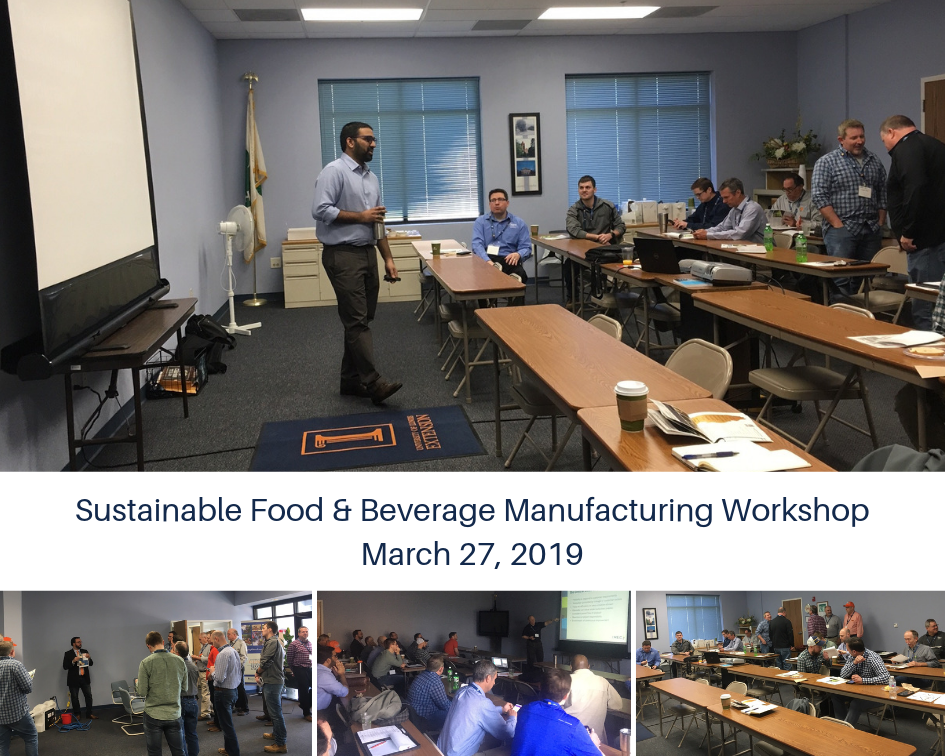
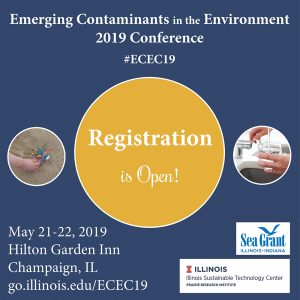 Join us on May 21-22 for the
Join us on May 21-22 for the 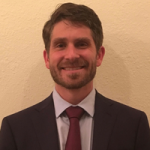
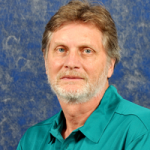

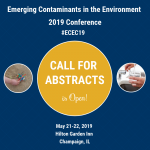 You can now
You can now 